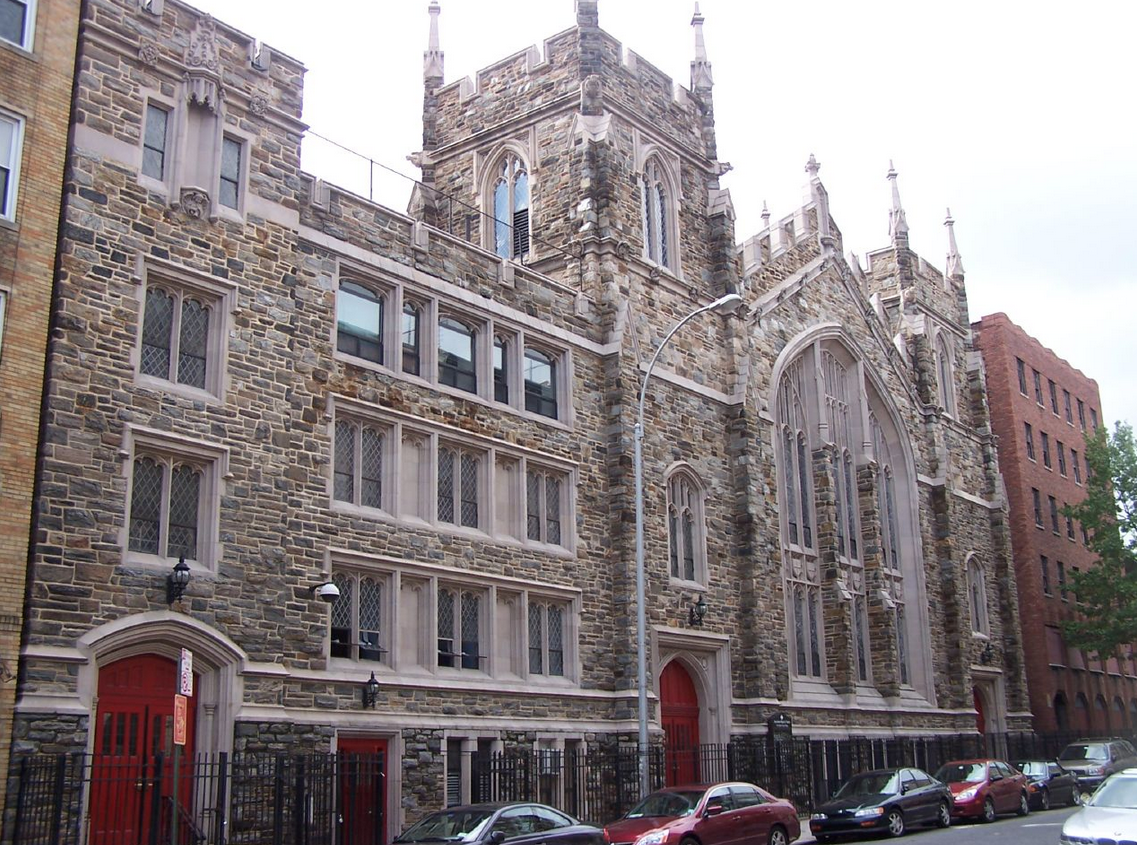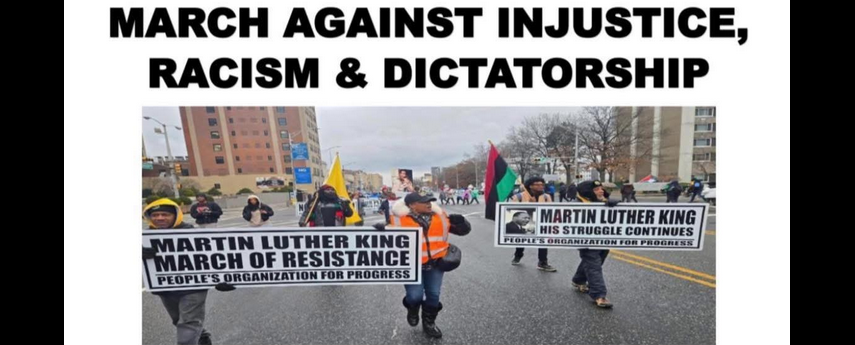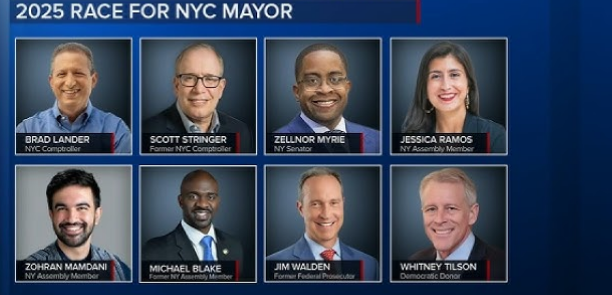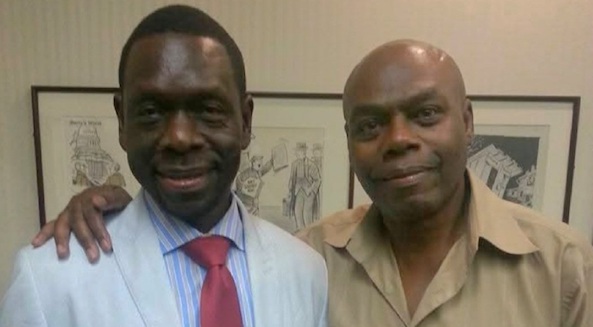The competition finals will occur at the National Association for Equal Opportunity in Higher Education (NAFEO) National Conference in Washington, D.C. in April, 2005. The first place team will receive $35,000 in personal scholarship funds and $15,000 in funds for their prospective school. The second and third place teams will also receive $20,000 and $15,000 in scholarship funds and $10,000 and $5,000 in scholarship funds to their prospective schools.
Student Entrepreneurs are Invited to submit business plans
The Ford Motor Company is sponsoring a $100,000 entrepreneurs contest to back students at Historically Black College and Universities (HBCUs), company officials announced.
The HBCU Business Classic will allow all HBCU students to put their classroom knowledge to test in a real world business plan competition. Winners will share the money in scholarships for their prospective teams and schools. The competition is a continuation of Ford’s support in the first ever-academic program to focus on Black entrepreneurship with Babson College and various HBCU schools.
“Ford continues to recognize a need in the Black business community to educate and develop the next generation of Black entrepreneurs,” said Tony Brown, senior vice president, Global Purchasing, Ford Motor Company. “This competition will empower HBCU students to achieve personal wealth, and its residual effect of building communities through economic development, one of the core goals of Ford Motor Company since its inception.”
Small businesses represent 99 percent of all businesses in the U.S. and create 75 percent of the new jobs. Overall, minority owned small firms are growing at 30 percent versus seven percent for all U.S. firms, according to the most recent report from the Commerce Department Census Bureau.
While Blacks are twice as likely as whites to start a business, Black businesses have been among the least likely to grow or survive – due to the marked lack of educational and support programs that focus on Black entrepreneurship. Not only do Black businesses struggle harder to survive, Blacks also face the larger issue of a wealth gap in the U.S.
“Blacks spend $700 billion annually in the U.S., but less than 7 percent of those dollars return to the Black community,” said George Fraser, founder of one of the largest Black networking conferences, FraserNet and competition judge. “Blacks control only two percent of the nation’s wealth.”
“When we create opportunities for entrepreneurs, they seize those opportunities and bring wealth back to the community,” said George Frame, executive director, Dealer Development, Ford Motor Company. “As that wealth is spread around the community, that’s a win situation for all involved.”
The HBCU Business Classic competition was designed to directly address these issues. HBCU students were selected because they enroll upwards of 370,000 students at 119 different schools and graduate approximately one-third of all Black students annually while representing roughly 3 percent of the nation’s overall college population.
The competition is open to all HBCU students nationwide. To enter, individuals or teams of two to five students and a faculty advisor must submit a 10-page business plan via the Ford HBCU Business website at www.ford.com/go/hbcu. The plans must be comprised of these main elements: type of business, product or service, pricing considerations, target market and competition, and general operations. Ford will also provide all students who participate a free online subscription to DiversityInc.com.
An advisory panel of SCORE “Counselors to America’s Small Business” will then judge the plans based on the following judging criteria: overall presentation of the business plan, its viability of a successful and overall benefit to the community. They will narrow the competition down to five semi-final teams that will advance to the finals. The five finalists will then be judged by a group of prestigious entrepreneurs which include: Earvin “Magic” Johnson, president of Magic Johnson Enterprises; Dave Bing, president of Bing Steel; George Fraser, bestselling author and president of FraserNet; Earl “Butch” Graves, president & CEO of Earl G. Graves Publishing Company; Renee Cortell-Brown, executive vice president Pro-Line International and Susan Taylor, Editorial Director of Essence Magazine.
“I’m looking forward to participating in the HBCU Business Classic competition and seeing the latest creative ideas young people are considering when thinking about going into business for themselves,” said Dave Bing, former NBA star with the Detroit Pistons and Washington Bullets, and founder of the Bing Group, a diversified base of manufacturing companies based in Detroit.
The competition finals will occur at the National Association for Equal Opportunity in Higher Education (NAFEO) National Conference in Washington, D.C. in April, 2005. The first place team will receive $35,000 in personal scholarship funds and $15,000 in funds for their prospective school. The second and third place teams will also receive $20,000 and $15,000 in scholarship funds and $10,000 and $5,000 in scholarship funds to their prospective schools.
For more than 40 years, Ford has been a major supporter of the hopes and dreams of HBCU students. In the last five years alone, Ford has given over 10 million dollars to Black colleges and universities.
Ford leads the auto industry in minority auto dealers. The company has 345 minority dealers in the U.S. among all brands. This represents 6.7 percent of Ford’s 5,127 dealerships, the highest percentage of minority dealers of any domestic automaker in the U.S. In 2003, Ford purchased more than $3.2 billion from more than 300 minority suppliers, representing 6 percent of the company’s procurement budget.






